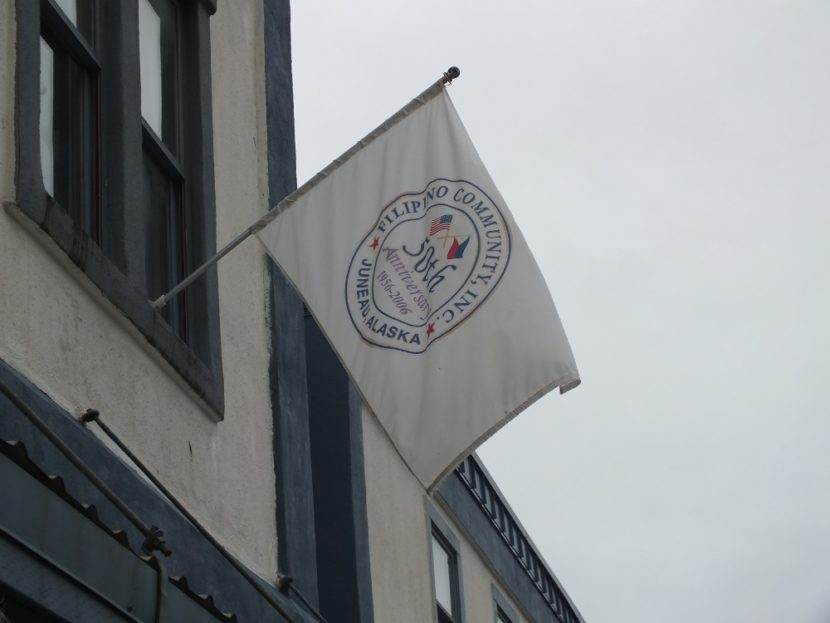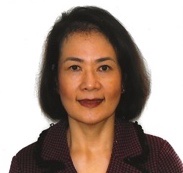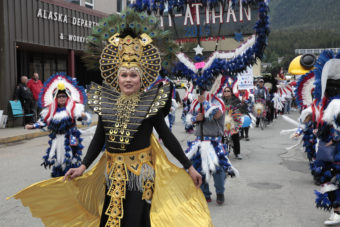
There are nearly 30,000 Filipinos in Alaska — close to the population of Juneau. And a number of them can vote in the upcoming Philippine national election.
Alaska’s honorary consul to the Philippines, Rebecca Carrillo, has helped Filipinos in Alaska register to vote.
Carrillo was sworn in as the Philippine Honorary Consul for Alaska in the fall of 2020.
“My role is an extension of the work that the Philippine consulate general in San Francisco does,” she said.
Since then, she’s helped Filipinos in Alaska navigate the services administered by the consulate in San Francisco. That means helping people complete forms and answering questions about retention and reacquisition of citizenship and renewing or issuing of Philippine passports.
“There’s a lot of angst about the restrictions, the travel protocols, how it impacts there, what documents are required, whether they’re going to need a visa,” Carrillo said.

She does this all for free. It was supposed to be part-time.
“Since that position has been vacant for a few years before I assumed office, so to speak, and we were in the thick of the pandemic, it has become actually a full-time position,” Carrillo said. “And in some instances, more than that.”
But she said that work is fulfilling, especially in a place like Alaska.
“Many of the Filipino population are in areas where they have very limited resources,” she said. “Limited access to support, where they can’t just drive someplace to get help or to go to a library where someone can help them navigate the internet and get access to the website, or help them complete a form, or help them with moving forward with certain steps of a process.”
While Carrillo doesn’t have specific numbers on how many Filipinos she has served in this role, she says that when the Consulate General came to Juneau last summer, over 650 people came to receive services.
Citizens who live and work outside of the Philippines are called overseas Filipino workers, or OFWs.
“So there’s me, for example, I’m a U.S. immigrant,” Carrillo said. “And I’m a U.S. citizen and a Filipino citizen as well. So I’m an overseas Filipino citizen. But there are these OFWs, who are in a foreign country with temporary visas to work. And there are millions of them.”
Nearly 200,000 overseas Filipinos in the U.S. are expected to vote and, Carrillo says, overseas voters hold a lot of power in this election.
“They can influence the choice of their family back home, just because they are, you know, they’re breadwinners,” Carrillo said.
This election decides the presidency, as well as a dozen Senate seats, more than 300 lower House seats and nearly 20,000 local positions. Carrillo says the election is particularly important and people feel motivated to vote.
“We’re emerging from a two-year pandemic,” she said. “People are anxious about going home to the Philippines. People are anxious about how the political landscape is changing. There’s a desire to participate.”
There are nearly 1.8 million OFWs, according to the Philippine Statistics Authority. The overseas voting period begins Sunday and concludes May 9.
Correction: This story has been updated to clarify Rebecca Carrillo’s role and responsibilities as Philippine Honorary Consul for Alaska.
This story is part of KTOO’s participation in the America Amplified initiative to use community engagement to inform and strengthen our journalism. America Amplified is a public media initiative funded by the Corporation for Public Broadcasting.
Filipinos in Alaska
Are you voting in the Philippines’ national elections, or do you have questions about how to vote overseas? We’d like to hear from you. Let us know your story or how we can help.
